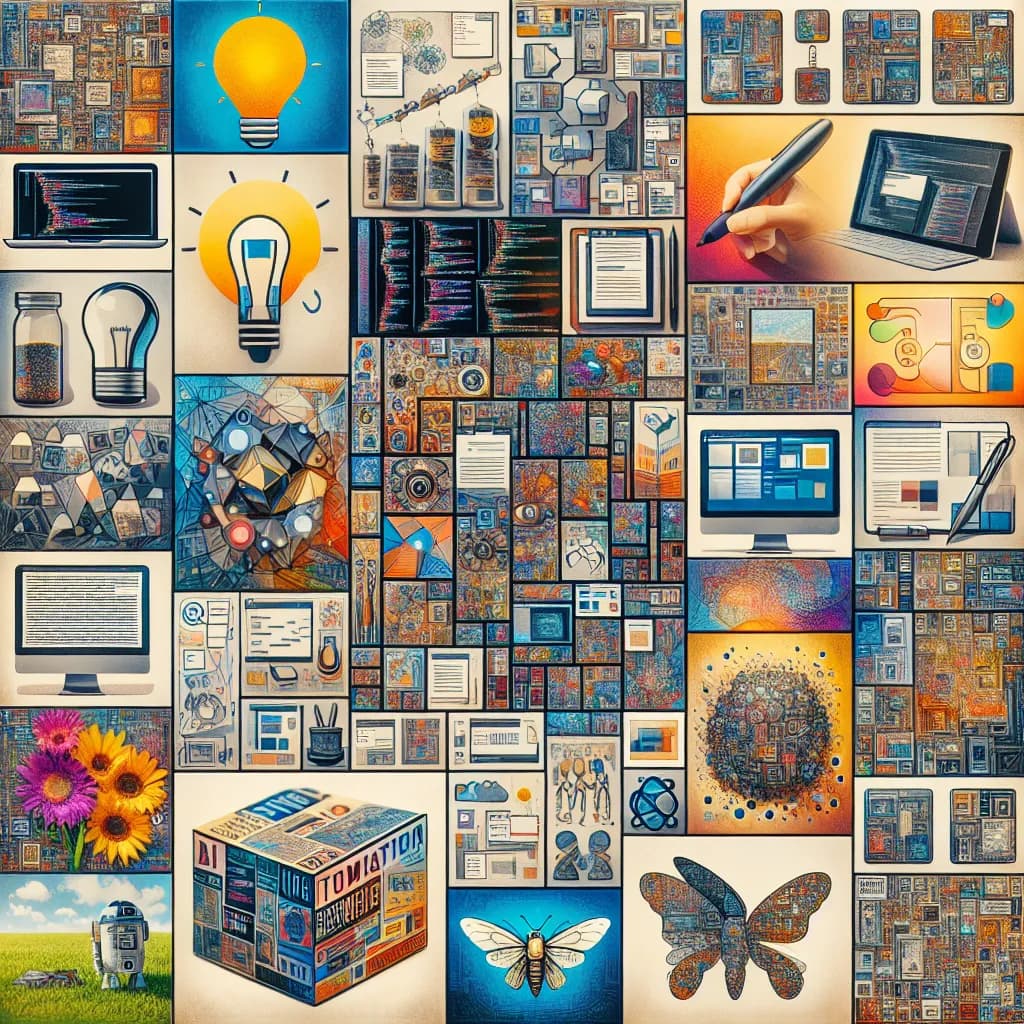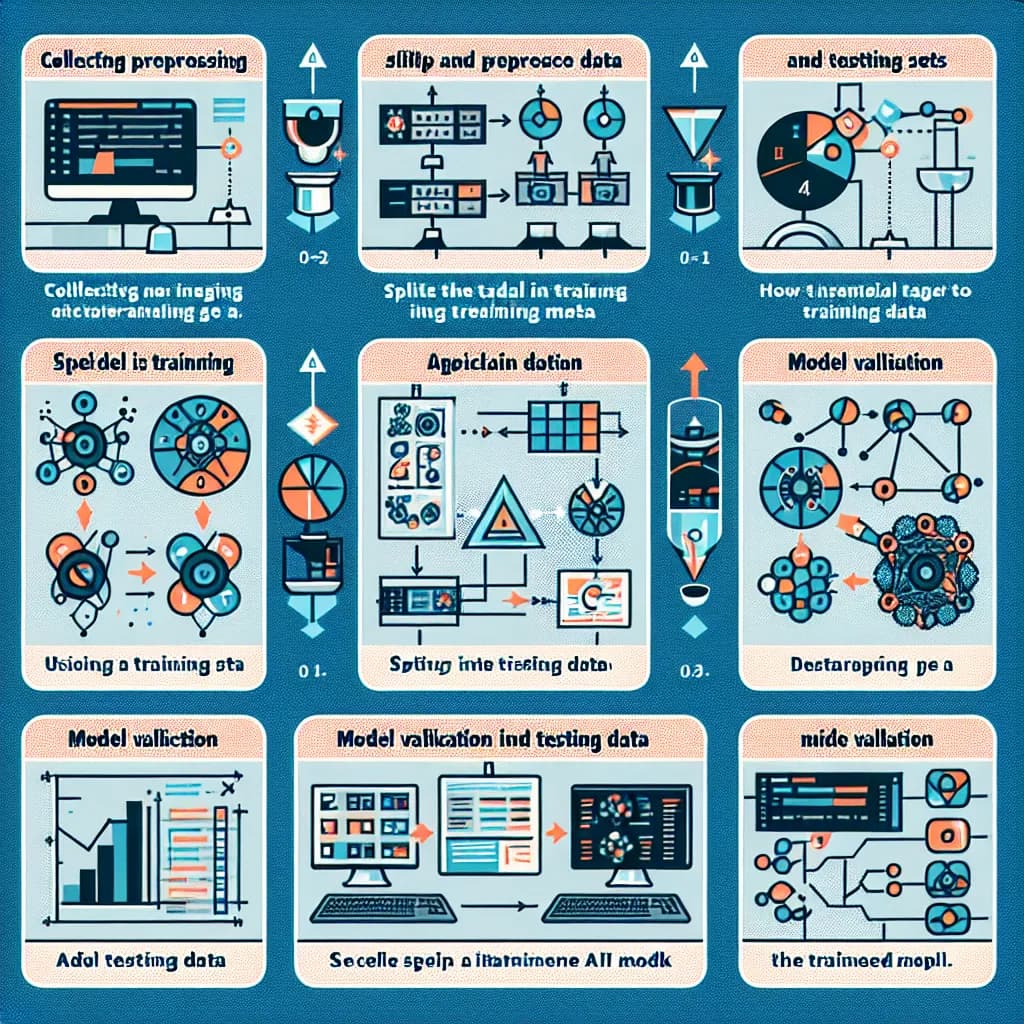Date:
07/01/2024
Listen to this article:
Key Points
Square Enix aggressively applies AI in game development to create new content forms.
An indie game renaissance fueled by AI is expected, increasing the market's title count.
Unity Software introduces AI technology to simplify 3D asset creation in game development.
Generative AI's role in game development is projected to grow from under 5% to over 50% in 5-10 years.
Rec Room's Fractura project demonstrates generative AI's potential in content creation.
Zollpa uses AI for playtesting and code analysis in game development.
Generative AI's legal and ethical challenges involve data training and copyright issues.
Microsoft's partnership with Inworld.AI aims to enhance Xbox games with AI.
Overview
Generative AI is revolutionizing the video game industry in 2024, impacting development processes, content generation, and gameplay experiences. Major companies like Square Enix and Unity Software are leading the charge, integrating AI technologies to innovate and streamline game development. The rise of AI-driven indie games is anticipated to reshape the gaming landscape, with an influx of new titles enriching the market.
Generative AI in Action
Square Enix embarks on an aggressive AI strategy, exploring its application in internal game development.
Rec Room's Fractura showcases how players can use generative AI for custom content, utilizing tools like ChatGPT and DALL-E.
Zollpa enhances its game development processes, employing AI for tasks like playtesting and bug identification.
Challenges and Considerations
The distinction between procedural generation and generative AI underscores the advanced capabilities and complexities of AI in game design.
Legal and ethical concerns regarding data training and copyright issues present significant challenges for generative AI's adoption in gaming.
Valve Software's rejection of an AI-made game on Steam highlights the copyright-related risks associated with generative AI content.
Future Outlook
Generative AI is projected to account for a significant portion of game development activities in the coming years.
As the technology evolves, it's expected to open up new possibilities for user-generated content and more immersive gaming experiences.
Conclusion
Generative AI is poised to be a game-changer in the video game industry, offering new tools for creativity and efficiency. However, its adoption comes with challenges that need careful consideration, particularly in legal and ethical domains.
About the author
Evalest's tech news is crafted by cutting-edge Artificial Intelligence (AI), meticulously fine-tuned and overseen by our elite tech team. Our summarized news articles stand out for their objectivity and simplicity, making complex tech developments accessible to everyone. With a commitment to accuracy and innovation, our AI captures the pulse of the tech world, delivering insights and updates daily. The expertise and dedication of the Evalest team ensure that the content is genuine, relevant, and forward-thinking.
Related news

The Best GPTs to Try Right Now
A comprehensive overview of the most intriguing GPT applications available in OpenAI's GPT Store, highlighting their diverse functionalities and impact.

Continuous Integration (CI) vs. Continuous Delivery (CD)
Exploring the distinctions, benefits, and best practices of Continuous Integration (CI) and Continuous Delivery (CD) in modern software development.

How to Train Generative AI Models from Scratch
A detailed guide on how to train generative AI models from scratch, encompassing all essential steps and best practices.